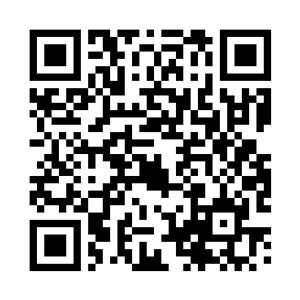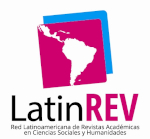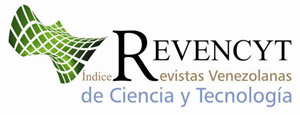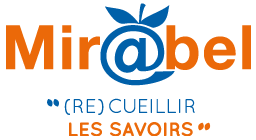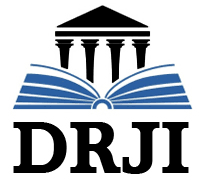Work well-being from the being, doing and feeling of the human talent in a public entity
Keywords:
workplace well-being, human talent, public management, grounded theoryAbstract
The purpose of the research focuses on interpreting labor well-being from the being, doing and feeling of human talent in a Venezuelan public entity dedicated to the training and recreation of workers. The study is framed under the qualitative methodological perspective, within the interpretive paradigm. The method used is Grounded Theory, in the version of Strauss and Corbin (2002). The collection of information is carried out through participant observation and in-depth interviews, the latter being applied to nine social actors belonging to the public entity National Institute for the Training and Recreation of Workers (INCRET), Lara headquarters. To process the information, the specific techniques of the method are used, among which microanalysis stands out, which serves as a basis for the generation of open, axial and selective categories. As a sustained strategy, constant comparison and theoretical sampling are used, until reaching saturation of the categories that emerged. The findings allow, from the voices of the workers, to understand and interpret labor well-being from the Being, Doing and Feeling of human talent in a Venezuelan public entity.
Downloads
References
Constitución de la Organización Mundial de la Salud. (1946). firmada en Nueva York el 22 de julio de 1946. Enmiendas a los artículos 24 y 25 de la Constitución de la Organización Mundial de la Salud, adoptadas en la XII Asamblea, en Ginebra, el 28 de mayo de 1959. https://www.boe.es/buscar/doc.php?id=BOE-A-1973-682
Constitución de la República Bolivariana de Venezuela. (2009). Gaceta Oficial Nº 5.908. Extraordinario del 19 de febrero de 2009. Caracas.
Donawa Torres, Z.A. (2018). Percepción de la calidad de vida laboral en los empleados en las organizaciones. NOVUM, 8(II), p.p. 43-63. https://www.redalyc.org/journal/5713/571360738003/html/
Maggiolo, Isabel, & Perozo Maggiolo, Javier. (2007). Políticas públicas: proceso de concertación Estado-Sociedad. Revista Venezolana de Gerencia, 12(39), 373-392. http://ve.scielo.org/scielo.php?script=sci_arttext&pid=S1315-99842007000300004&lng=es&tlng=es
Organización Internacional del Trabajo. (2016). Programas De Trabajo Decente Por País De La OIT. Una guía práctica. Versión 4. Oficina Internacional Del Trabajo Ginebra. https://www.ilo.org/es/media/60396/download
Organización Mundial de la Salud, O. (2005). ¿Qué es un sistema de salud? Preguntas y respuestas. https://www.who.int/es/about/frequently-asked-questions
Organización Mundial de la Salud. (2005b). Carta de Bangkok para la Promoción de la Salud en un mundo globalizado. http://promocionsalud.ucaldas.edu.co/downloads/Revista%2011_14.pdf
Puerta L. (2015). La inversión extranjera en Venezuela: de las casas comerciales a las compañías petroleras (1850 – 1975). Tiempo y Espacio 25(63). Caracas. https://ve.scielo.org/scielo.php?script=sci_arttext&pid=S1315-94962015000100002.
Rodríguez J (2023). Mercado Laboral en Venezuela: Análisis de la Situación Actual y Perspectivas Futuras. https://es.linkedin.com/pulse/mercado-laboral-en-venezuela-an%C3%A1lisis-de-la-ituaci%C3%B3n-jose-luis
Strauss, A., y Corbin, J. (2002). Bases de la Investigación Cualitativa. Técnicas y Procedimientos para desarrollar la Teoría Fundamentada. Colombia: Editorial Universidad de Antioquia.
Published
How to Cite
Issue
Section
License
Copyright (c) 2024 Victoria Ysabel Jiménez de Najul, Lenna Suheil Moya Pérez

This work is licensed under a Creative Commons Attribution-NonCommercial-ShareAlike 4.0 International License.





